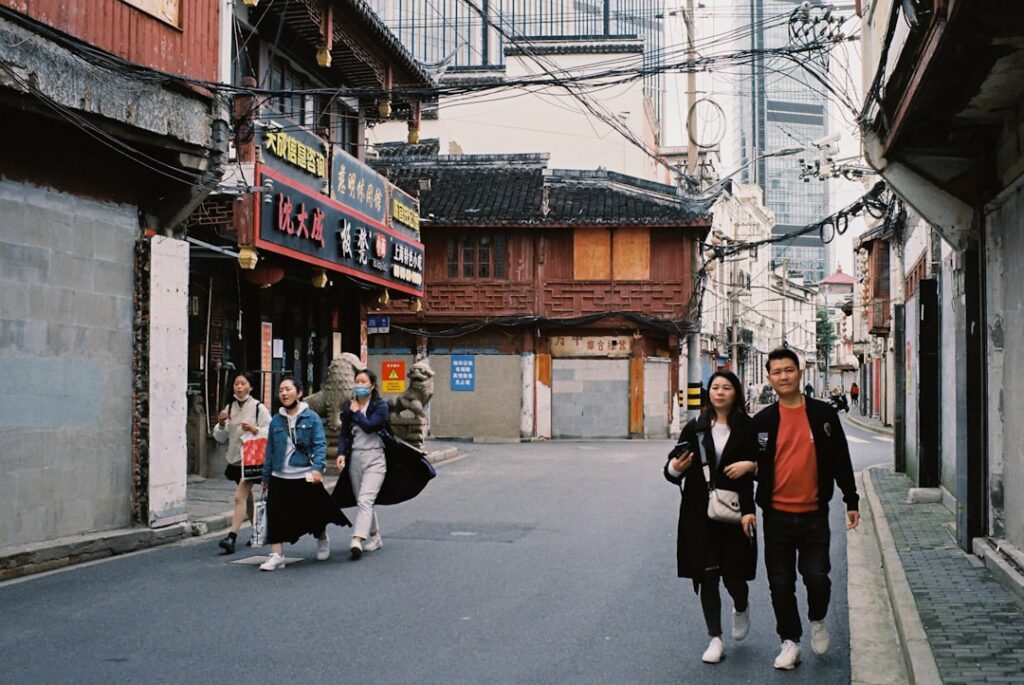Japan’s iconic wagashi—delicate, artful confections rooted in centuries-old tradition—are experiencing an exciting revival. Instead of fading into the background of modern life, wagashi is being passionately reimagined by a new generation of artisans in Kyoto and Tokyo. These creators elegantly blend time-honored techniques with contemporary flair, giving rise to sweets that delight the eye as much as the palate. Join us on a sensory journey through the story of this “sweet revolution,” where local studios, Instagrammable treats, and hands-on workshops beckon both locals and global travelers alike.
The Timeless Allure of Wagashi: History Meets Modern Day
Wagashi, the traditional Japanese confectionery, has enchanted people for centuries with its delicate appearance and subtle flavors. Originating from ancient tea ceremonies in the Edo period, these sweets became not only a symbol of hospitality but also an embodiment of the seasons and nature’s fleeting beauty. However, as lifestyles modernized and Western desserts gained popularity, wagashi faced the risk of being relegated to history. Recently, a groundswell of culinary nostalgia and appreciation for craftsmanship among younger generations has sparked a renaissance. Today, wagashi stands at the intersection of time, where reverence for tradition meets a bold new sensibility.
Young Artisans Bridging Tradition and Innovation
In Kyoto’s centuries-old backstreets and Tokyo’s vibrant neighborhoods, a new wave of wagashi artisans is fusing the best of both worlds. These young creators, often from families with deep roots in confectionery making, harness time-honored techniques—like kneading, shaping, and coloring by hand—while daring to play with unexpected flavors and forms. Think matcha-infused truffles, edible flowers encased in clear jelly (nerikiri), and even vegan or gluten-free selections. At Nagamoto Seika in Kyoto, third-generation craftspeople recreate ancient motifs with a modern twist. Meanwhile, Tokyo’s Higashiya entices with minimalistic designs and bold pairings such as yuzu citrus and Belgian chocolate. These innovations are not just experiments; they are love letters to the evolving culture and tastes of Japan today.
Wagashi for the Instagram Era: Beauty, Storytelling, and Sensation
With the rise of social media, particularly Instagram and TikTok, visual storytelling has become central to wagashi’s resurgence. Boldly colored, exquisitely shaped, or playfully whimsical wagashi draw instant attention and shares worldwide. Artisans embrace these platforms to showcase not only their products but also the process and philosophy behind each creation. Seasonal themes often dictate design: cherry blossom pinks in spring, gold-kissed leaves in autumn, and snow-capped mountains in winter. These sweets serve dual purposes—as edible art and as windows into Japanese seasonal culture. Narrative-rich, highly photogenic wagashi invite customers to savor both a flavor and a story, strengthening their emotional connection to the tradition.
Local Studios, Cozy Cafés & Hands-on Wagashi Workshops
Curious to taste wagashi at its freshest or try your hand at crafting it? Kyoto and Tokyo now boast a growing number of friendly neighborhood studios and chic cafés dedicated to wagashi culture. Venues like Kaishindo in Kyoto offer small-group experiences where visitors can knead, sculpt, and enjoy their hand-made treats alongside a bowl of matcha. In Tokyo, Nerikiri Studio holds regular workshops, welcoming both locals and international travelers to experience the meditative joy and intricate skill of wagashi making. Many cafés pair elegant sweets with locally sourced teas, providing a mellow retreat from urban bustle. These community-rooted spaces help demystify wagashi and open its world to more people than ever before.
A Sweet Future: Wagashi’s Global Journey
Wagashi’s renaissance is quickly crossing borders and inspiring a global audience. International foodies and cultural explorers increasingly seek out wagashi shops when visiting Japan, share their experiences online, and bring home beautifully packaged sweets as edible souvenirs. Younger artisans are mindful of this global appeal, offering story-driven English-language content and collaborating on overseas pop-up events. Meanwhile, online wagashi culture continues to swell, with virtual tastings, recipe sharing, and livestreamed workshops connecting fans worldwide. As Japan’s next generation of confectioners innovates for both local and international palates, the future of wagashi looks as bright and delicious as ever—sweet, shareable, and endlessly evolving.








